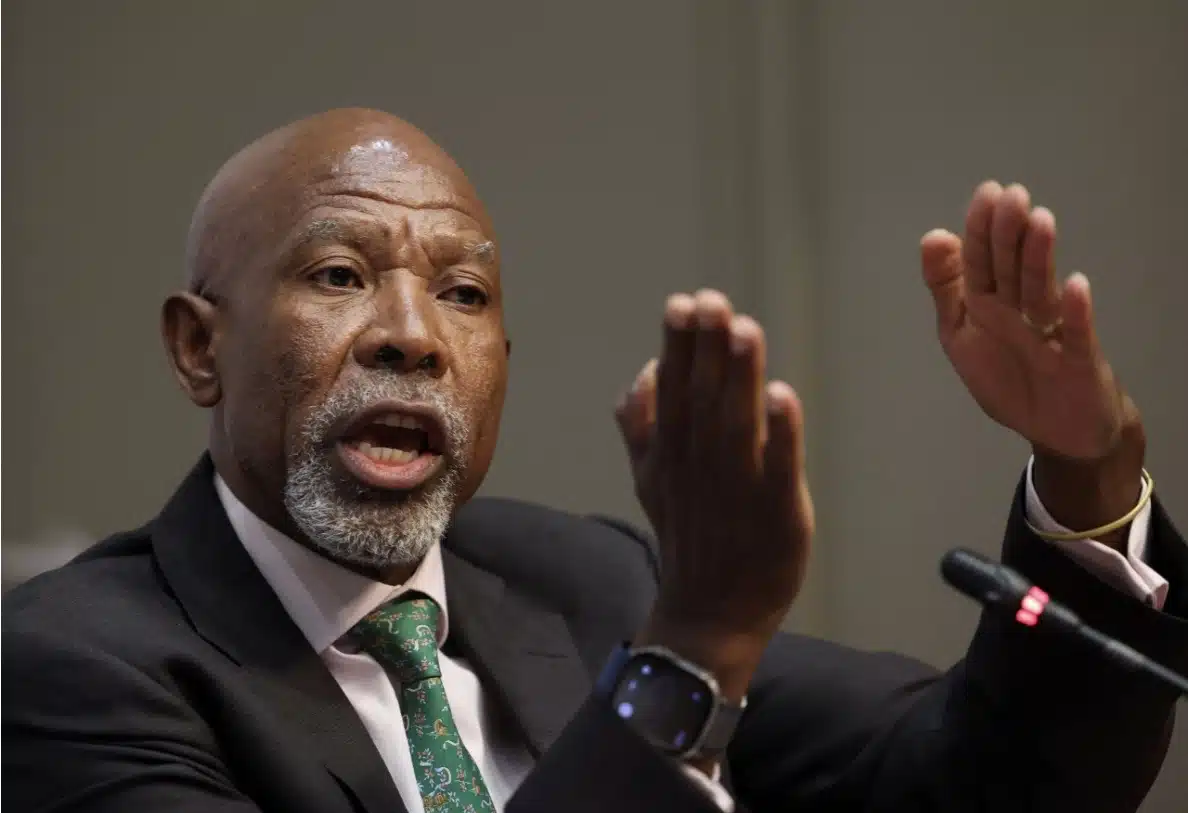Citing global trade tensions, the International Monetary Fund (IMF) has warned Egypt to proceed cautiously with interest rate cuts, cautioning that early or drastic easing could reignite inflationary pressures.
Last month, Egypt’s central bank slashed its benchmark interest rate by 225 basis points to 25%, marking its first cut in nearly five years.
This move followed a sharp decline in annual inflation to 13.6%—less than half the 2023 peak—but came amid renewed uncertainty from US President Donald Trump’s sweeping tariffs, which threaten to disrupt global supply chains and reignite price pressures.
“It’s very important to be vigilant on the conduct of monetary policy,” said Jihad Azour, IMF Director for the Middle East and North Africa, in a recent interview.
“With the current shocks, we see a risk of a resumption of inflation and therefore it’s very important to maintain the right policy in order to bring inflation down to a stable, single-digit level.”
To unlock a $57 billion support package led by the IMF and the United Arab Emirates, Egypt launched a sweeping economic overhaul in early 2024, including a steep devaluation of the pound, removal of key subsidies, and aggressive efforts to attract foreign capital.
The reforms were aimed at stabilising reserves and restoring investor confidence.
While notable progress has been made, the road ahead remains fraught.
In its latest Regional Economic Outlook, the IMF cut its 2025 growth forecast for the Middle East and North Africa (MENA) region from 4% to 2.6%, citing geopolitical tensions, volatile oil prices, and slow reform momentum—particularly in economies like Egypt’s.
“Uncertainty could impact the real economy, consumption, investment… all these elements led to a softening of our projections,” Azour said, adding that while the region’s direct trade ties with the US remain limited, second-order effects from the global trade war could ripple through.
For Egypt, a key non-oil importer in the region, the risks are especially acute. Delayed structural reforms, ongoing FX shortages, and tight liquidity conditions continue to weigh on recovery.
While lower rates may offer relief to borrowers, the IMF’s warning underscores the tightrope policymakers must walk: easing monetary policy without inviting another inflation spiral.






